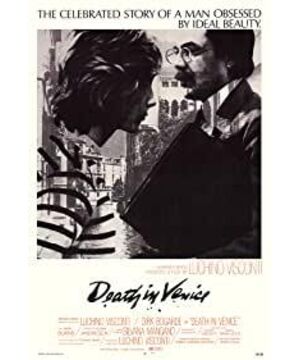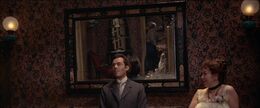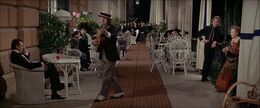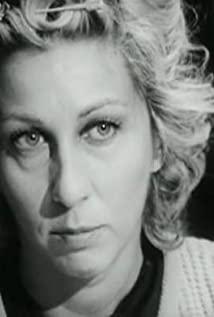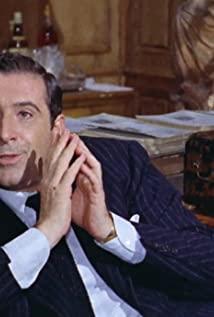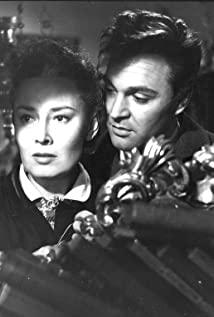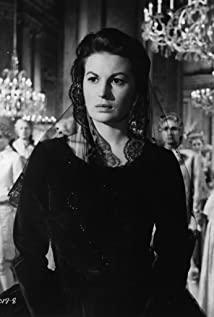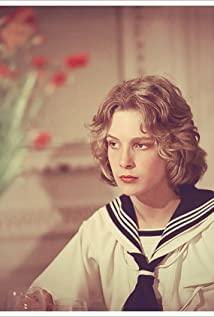God wanted it forever holy
for I will always be miserable
Weiqi Er
early in the morning, the silence of the sea, the winter morning mist drifts, floating face sitting on the lost ship sea man, he Jiao Ashen Bach, he His eyes were empty, pretending to be calm, but he couldn't hide the depression and anxiety in his heart. The rows of houses standing by the water gradually appeared in the fog, and the place that looked like a fairyland in front of you was just Venice, the city on the water. The movie begins when Ashenbach arrives in Venice. He meets an amazingly beautiful young man named Dasio. Dasio has a beautiful face, nose, and lips, just like a plump Greek sculpture. The young man in the allure burned him like a flame. This light was flaunted from beginning to end in
This film of the same name, based on Thomas Mann’s novel "Break in Venice", was made by the famous Italian neo-realist director Visconti, Thomas Mann, a German writer, won in 1929 for his novel "Magic Mountain" Won the Nobel Prize in Literature (The first time I heard this novel was in "Norwegian Forest", this is the novel that Watanabe brought to the mental hospital). The original author of the film’s soundtrack was the great Austrian composer and conductor Gustav Mahler. The Adagio of his Fifth Symphony was selected in "Break in Venice". It is this poignant music that makes The movie continues to give rise to sadness, affectionate atmosphere, people are constantly being fiddled with sadness in their hearts.
One thing is different, the protagonist in "Soul Broken Venice" has changed from a writer in a novel to a musician, but in fact, this is definitely not Visconti’s betrayal of the novel, because in Thomasman’s novel, Ashen Bach was originally a lively Mahler, which Thomas Mann created based on his prototype, but in order to avoid suspicion, he identified the protagonist as a writer. Such a change by Visconti, it can be said that instead of deviating from the novel, it has become a kind of respect for Thomas Mann.
Thomas Mann wanted to write Mahler into this same-sex novel for two reasons. One was because Mahler was gay in the reality at the time. Secondly, he has different feelings for Mahler. It is said that after hearing Mahler’s "Symphony No. 8", he once wrote a long letter to Mahler excitedly, in which he said: "I Believe that you have expressed our time in the deepest and most sacred form." What makes him even more excited is that he discovered his homosexuality in Mahler’s music, in his own words; "Darkness" Suddenly, his passion became brighter.” So Thomasman’s "Magic Mountain" actually has a way of expressing his love to Mahler.
Although "Break in Venice" is known as the top 100 best gay novels, the adapted movie is not as brave as some other gay movies. It has blood-spraying passionate images and no naked scenes. The whole movie is full of unspeakable sorrow and suffering. For the protagonist in the movie, this passionate love is just a game of searching, searching for the body, searching for beauty, every time The composer's eyes were overwhelmingly catching the outstanding figure of the young man, but all he waited for was the smile on his lips when he turned around at an unknown moment.
Ashenbach didn’t say a word until his death in the whole movie. The only time he met Dasio in the hotel when he wanted to leave Venice for the first time, the two staggered and stopped at the same time. After stepping down, the extremely sad Aschenbach said silently in his heart: "It's a pity that the time to meet you this time came so quickly!" For him, just staring at the young man's back is enough to get it from the heart. One kind is satisfied.
On the other hand, Das'ao is more like a handsome devil. He always responds quickly after feeling the old man's scorching gaze with a more charming gesture and posture. This made Ashenbach more and more looking forward to it, greedy to get real satisfaction from the beautiful body of this young man, so the old man had to use the craftsmanship of a beautician to dye his white hair, draw eyebrows, and put on lipstick. , All these scenes are sad and unspeakable. Dressed up as a freak, he followed Das'ao, staggering along the streets of Venice that was enveloped by the plague. At this time, he was already dying, and he knew his fate that he would not give up any chance to appreciate Das'ao. This was the sadness of love.
In the movie, Visconti adopted an image style that was completely contrary to Italian neorealism at the time. The images in the movie appeared to be more static, with lengthy shots and cameras slowly moving from various perspectives. Angle tracking allows the viewer's eyes to enter the static image as a whole, and creates a purely ultimate idea of "beauty" works. This is even more heavy and cohesive, so that the pain of Venice, a plague city, is permeated throughout the film.
At the end of the movie, on the same beach, Das'ao stepped into the deep blue water, raised his left hand, and seemed to be summoning an old man sitting not far away. Ashenbach was alive at this time, his head was already He began to have hallucinations. He stretched out his left hand hard, responding to Das'ao, as if remembering the scene when he had just arrived in Venice. Before his eyes, the sea of clouds and fog, like heaven, Das'ao was still standing in the blue sea. Like an ancient Greek statue full of life, at this moment, the two faces of holiness and misery blend into each other.
Finally, Abashen's head collapsed, and the ink traces on his white hair slid along his wrinkled face. This man with endless longing finally died in Venice. The Venetian coast under the orange sunset looks so holy and so miserable.
View more about Death in Venice reviews


